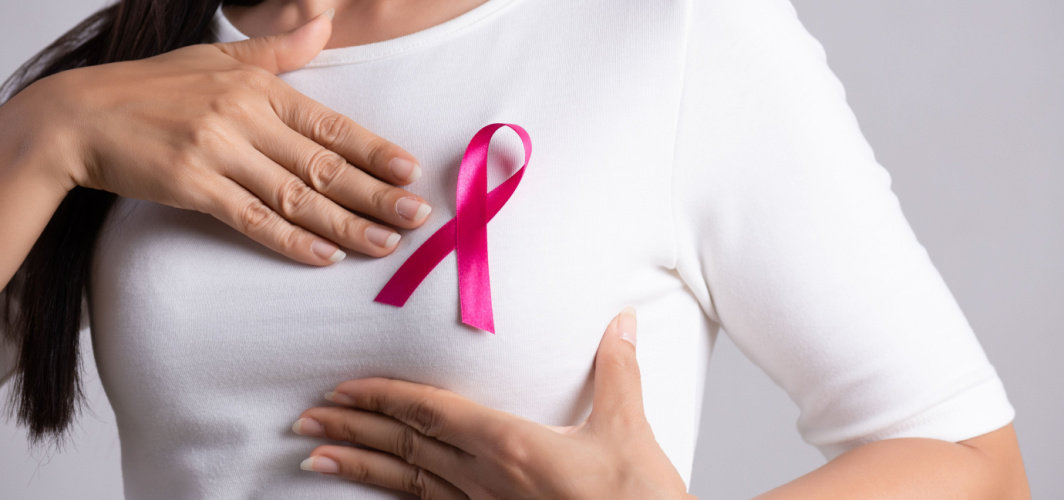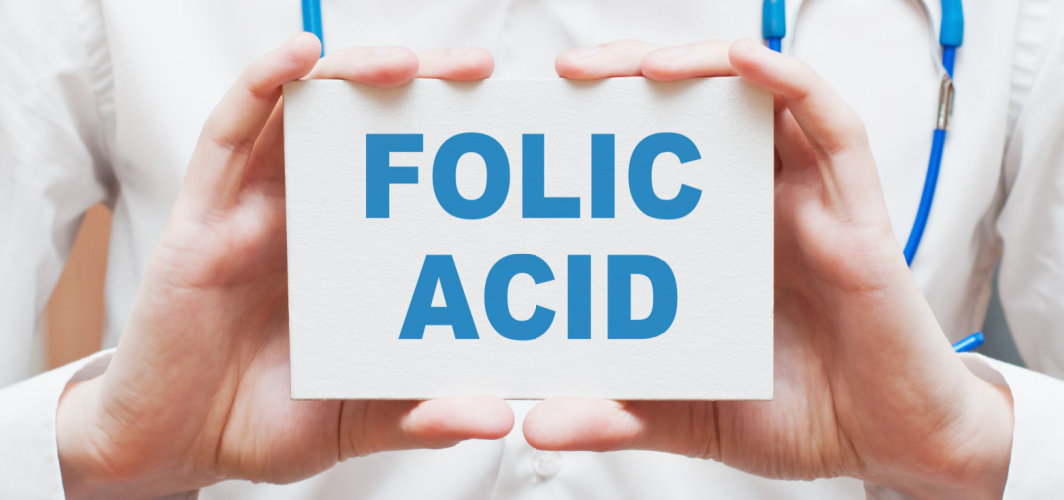- Home
- Blog
- Women Care
Are Women Less Likely To Survive Cardiac Arrest Than Men?
Women Care
Are Women Less Likely To Survive Cardiac Arrest Than Men?
By Apollo 24|7, Published on- 20 February 2023, Updated on -16 March 2023
Share this article
0
0 like

Cardiac arrest is a serious medical emergency in which the heart suddenly stops beating. This life-threatening condition can affect both men and women, and it can happen to anyone at any age. However, recent studies suggest women had a 34% chance of surviving a cardiac arrest from the time of its occurrence to the time of hospital admission, whereas men had a 37% chance. Some studies suggest that this difference may be due to differences in anatomy and physiology, as well as differences in access to medical care and response times by emergency medical services.
But before we deep-dive into the factors that may decrease the survival rate in women as compared to men, let's first understand the causes and symptoms of cardiac arrest in women.
Which Women Are At Risk Of A Cardiac Arrest?
Mentioned here are some risk factors that may contribute to a higher incidence of cardiac arrest and lower survival rates in women. These include:
- Advancing age
- High blood pressure
- Diabetes
- Obesity
- Tobacco and alcohol consumption
- Family history of heart disease
- Hormonal changes associated with menopause
Signs Of Cardiac Arrest In Women
Women may have different symptoms leading up to cardiac arrest than men. Here are the signs of cardiac arrest in women.
- Discomfort in the neck, jaw, shoulder and upper back and belly
- Nausea or vomiting
- Shortness of breath
- Unusual fatigue
- Light-headedness or dizziness
- Heartburn
- Sweating
- Chest pain or discomfort
- Pain in the arms
Factors Affecting the Survival Rate in Women
Several factors may affect the cardiac arrest survival rates in women as compared to men. Some of these include:
1. Anatomic differences
Women have smaller coronary arteries and lower blood flow to the heart, making it more difficult for medical personnel to restore circulation and increase the time to successful resuscitation.
2. Menopause transmission (MT)
Research shows that when a woman goes through menopause transmission, it produces several changes in the sex hormone that further alters the body composition, lipids and lipoproteins levels and vascular health thereby contributing to an increased risk of developing coronary vascular disease.
3. Lower CPR performance
According to a 2018 study, 45% of men are more likely to receive CPR from bystander men, compared to women. This can greatly reduce a woman's chances of survival in case of cardiac arrest.
4. Misdiagnosis
Heart attack symptoms in women are often misdiagnosed with that less serious conditions, such as anxiety or indigestion, which can delay proper treatment.
5. Delayed response
Women may delay seeking medical attention or may not receive prompt treatment due to a lack of awareness of heart attack signs and symptoms.
6. Age
Compared to men, women tend to be older when they experience cardiac arrest, which is associated with lower survival rates.
Ways to Prevent Cardiac Arrest in Women
Cardiac arrest cannot be prevented. However, one can ensure the well-being of their heart by:
- Maintaining a healthy lifestyle, including a balanced, nutritional diet and regular exercising
- Managing existing health conditions, such as high blood pressure, diabetes and cholesterol
- Quitting smoking and alcohol consumption
- Seeking prompt medical attention for chest pain or other symptoms that may indicate a heart attack
- Keep a regular check on hormonal levels during the menopause period
- Practise stress management techniques like yoga and meditation
- Get your family members to learn CPR
Consult An Apollo Cardiologist
FAQs
Q. What is cardiac arrest?
Cardiac arrest is a medical emergency in which the heart suddenly stops. It causes a complete loss of consciousness and breathing.
Q. When are women more prone to experience cardiac arrest?
A research report published by the Center for Cardiac Arrest Prevention stated that 25.4% of females suffered cardiac arrest at night as compared to 20.6% of males.
Q. Can hormonal imbalance in women cause cardiac arrest?
Hormonal imbalance in women during or after menopause increases the chances of cardiac arrests in women.
Q. Who is at high risk of experiencing cardiac arrest?
Adults in their mid-30s to mid-40s are at the highest risk of experiencing cardiac arrest.
Q. How long can you survive a cardiac arrest?
A cardiac arrest lasting more than 8 minutes without CPR can cause death.
Consult An Apollo Cardiologist
Medically reviewed by Dr Sonia Bhatt.
Services
Women Care
Leave Comment
Services
Recommended for you

Women Care
What You Need To Know About Tablet For Immediate Periods?
Explore options for inducing immediate periods with relevant tablets. Understand their usage, benefits, and potential risks.

Women Care
What Are The Early Symptoms Of Breast Cancer?
Breast cancer is a condition where cells in the breast grow uncontrollably, forming a tumour. Early symptoms include lumps, changes in breast size or shape, nipple changes, skin changes, and persistent breast or nipple pain. Seeking medical attention and regular screenings are crucial.

Women Care
Managing Iron Deficiency With Orofer XT
Learn about the uses, side effects and precautions of Orofer XT. Stay informed about the latest guidelines and technologies related to this medication.
Subscribe
Sign up for our free Health Library Daily Newsletter
Get doctor-approved health tips, news, and more.

